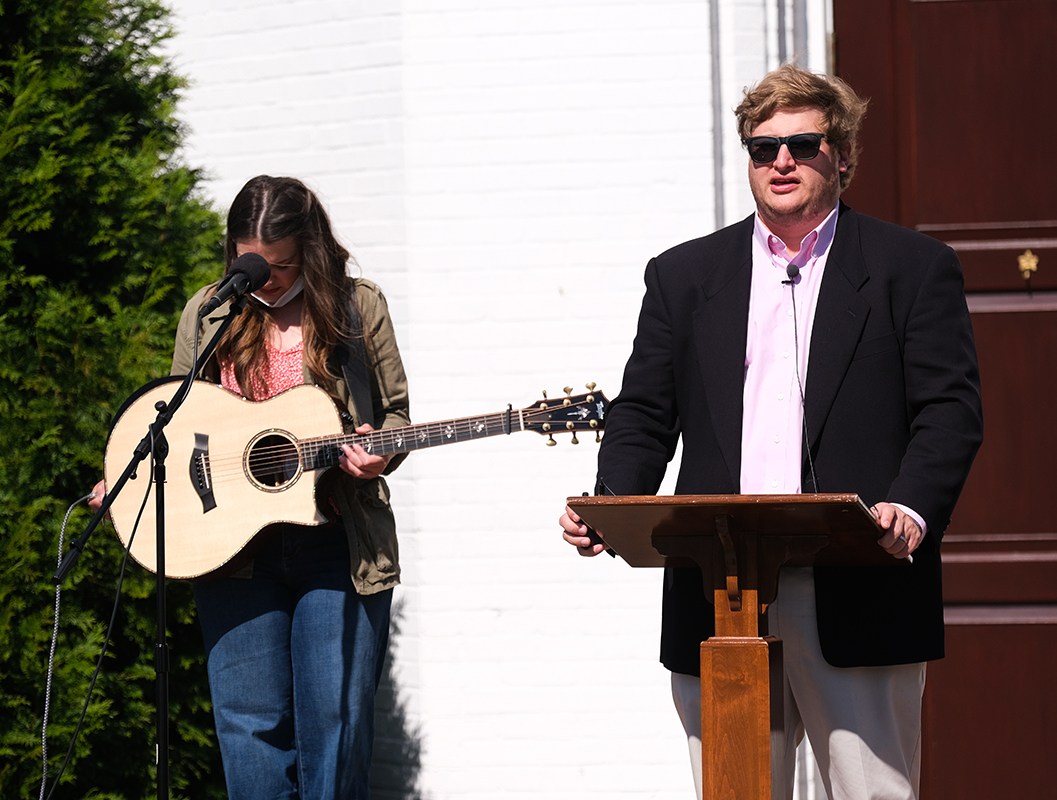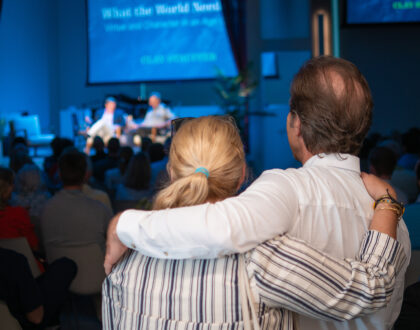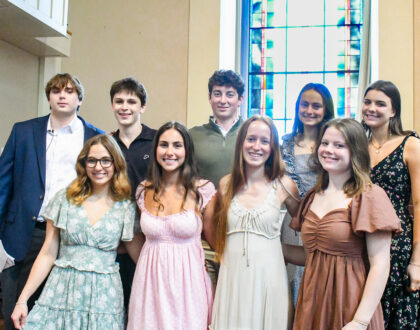How Coronavirus Will Continue to Impact Christianity

Last week, I found myself on an evening Zoom call with our church’s Board of Directors talking about how to safely allow people to return to the church building for worship in the coming weeks. As many faith leaders have already figured out, this is a very complicated conversation with many challenges.
Even with strong guidance from both the Governor and Mayor, questions still remain: How many can worship at once? How far does everybody need to be apart? Are face coverings required in the building? Can there be a nursery and children’s Sunday School? What about the choir? Are people allowed to sing? Should hymnals be removed? How do you take up the offering? What about communion? What if more people show up than are allowed in the space – are they turned away?
Trust me, this is a complex topic and there are many thoughts and opinions being thrown around. One reality remains: “Without a vaccine, COVID-19 will continue to have a profound impact on worshiping communities if and when they open their physical doors.”
In recent weeks, churches have been forced to become innovative, to enhance their digital game, and to find creative ways to connect and serve. Many congregations have been forced to make major advances in the online world. This is a good thing. However, Christianity has always been about the opposite of social distancing. This is part of what distinguishes organized religion from individual spirituality. We do it as a community. We pass the peace. We hug. We partake of the elements together. We sing hymns and songs together. Children go to Sunday School together. Small groups meet at church and in homes together. We baptize as a community together. We enjoy coffee fellowship together. Almost everything we do in the Christian tradition, we do together.
For years, I have been saying that the church is a welcome antidote to a society that suffers from loneliness and social isolation. The church (synagogue, mosque) gives all of us a place to belong where we can love, support, connect, and serve each other.
For those who don’t have any blood family, the church becomes their family. If we are honest, many of us took this basic opportunity to gather together for granted. Only now do we recognize how meaningful and important it truly was.
There is no playbook for how churches should move forward in the coming weeks. Many things will be tried. We are in unchartered territory. Providing people with options is wise. One size does not fit all. This is also a time for everybody to practice the fruits of the spirit, specifically patience, kindness, and self-control.
Churches need to communicate decisions that are being made and make decisions in the best interest of the common good. But remember, the church has never been a place or a building. The church is made up of people who gather together to worship God, follow Christ, and spread his love to a hurting world. We should never stop doing this even during a health pandemic.
For some churches and ministers that have become complacent, this serves as a wake-up call. Innovation is essential. In many ways, it is also a test to measure the depth of the “ties that bind.”
At some point, we will return to a time that feels more “normal.” In the meantime, the church must continue its vital mission. The world is hurting. People are scared. The need is great. Love and compassion are essential.
Recommended Posts

Healing, Growth, & Renewal Over Time
May 30, 2025

Values for Our Graduates
May 20, 2025

Leading in the Church
May 16, 2025

